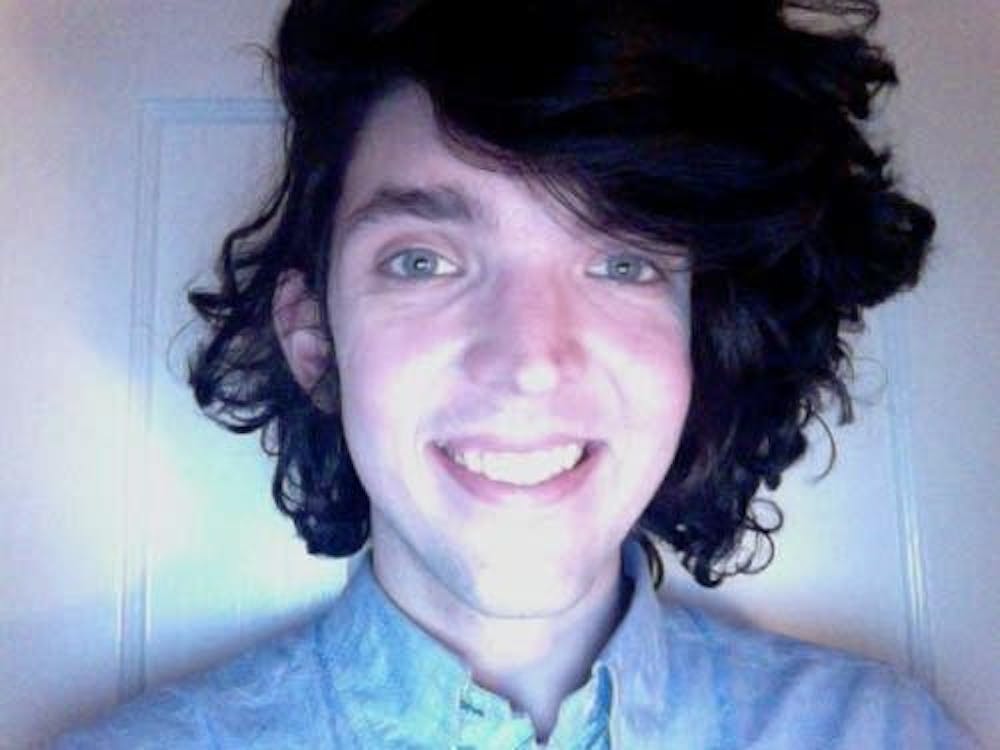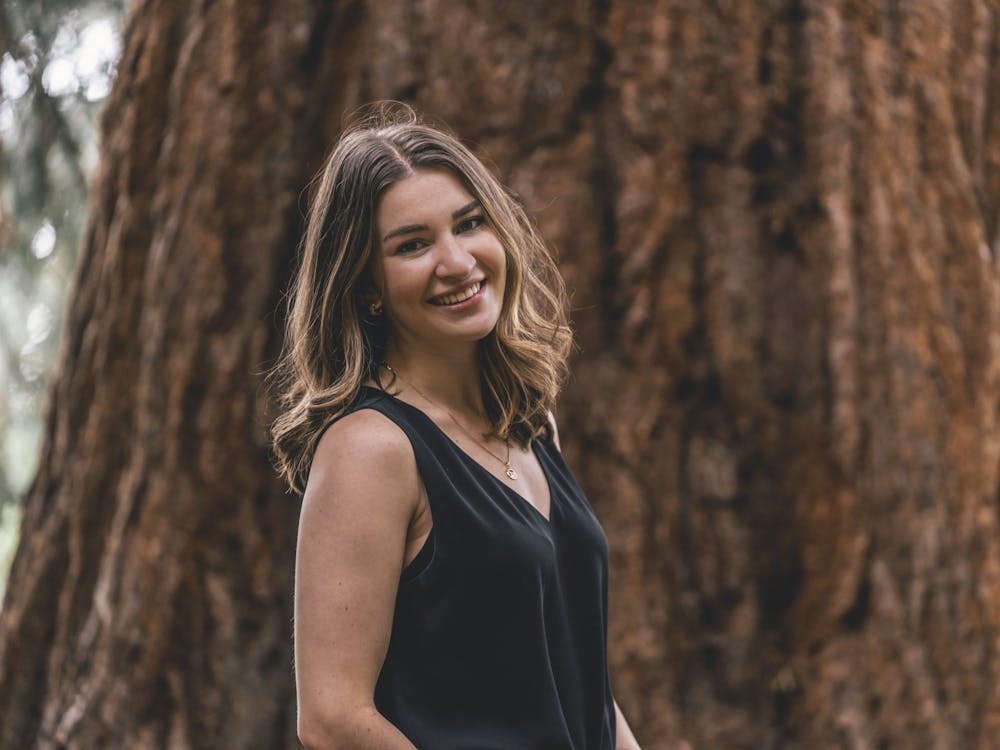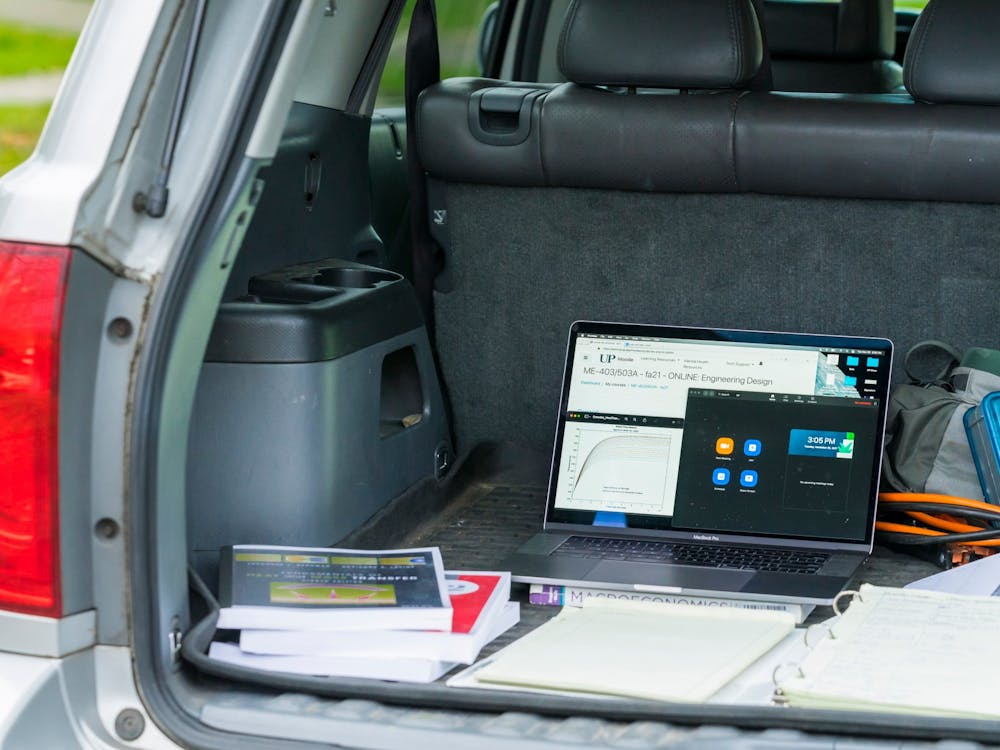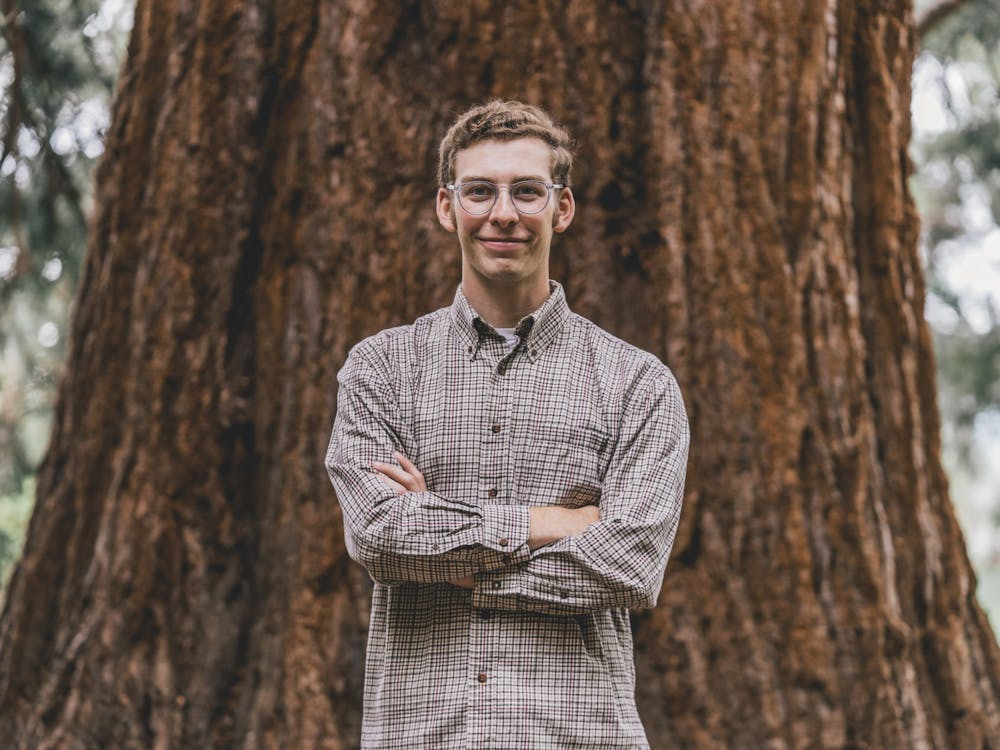Kevin Hershey (The Beacon)
By Kevin Hershey, Guest Commentary
When I arrived at UP, I had no idea what discrimination felt like. I did not know what it meant to have others define my rights. Things changed when I came out as gay. I saw the ugliness of oppression alive on The Bluff. Although I had my fair share of angst (hurt in disguise), I always accepted "good enough". One voice inside of me screamed to fight the injustice on campus while another screamed at me to protect myself. I protected myself by participating faithfully in university life, striving to prove to the community that I was worth something even if I was not worth protecting by law. I delved into activist work with just about every population other than my LGBT community. I examined injustices as close to home as downtown Portland, but never as close to home as my own heart. I was always haunted with the same question: How could I allow such injustice on The Bluff, my home? I never had the courage to find an answer. I accepted legal and religious rhetoric to excuse institutionalized exclusion.
Reading last week's Beacon, I recalled the life I accepted at UP. I was happy, but I committed a grave act of spiritual violence against myself: I allowed others to define my dignity. I separated myself from the man God made me to be. I dishonored God by taking "good enough" for an answer. I allowed the human-made constructs of law and Church to take precedent over my identity.
Some perspectives expressed in last week's article echoed the same voices that once haunted me. I am wounded by those who are eager participants in UP's culture of discrimination. One student expressed that talking about homosexuality is "a waste of time." I feel hurt as I wonder how many UP community members considered me a "waste of time" for four years. Students who believe this do exactly what hierarchies of power want: like me, they internalize fear and become docile sheep, incapable of imagining change. Another student lauds the Inclusion Policy as "a creative solution." LGBT students are not a problem in need of a quick solution. It is not up to leaders to decide our fate at their convenience. It is our right to determine how we would like to feel included. Otherwise, we give our souls away to human power.
The students who advocate for change leave me in awe. They do not accept handouts from those who do their best to maintain dominance, hoping that students will accept "good enough." During Lent, I reflect upon what "I have failed to do" and how failure to take action perpetuates systemic sin. I reflect on the Passion of Jesus, who was executed in attempt to silence his radical voice. LGBT folks at UP bear a heavy cross, but those who struggle for justice remind me that the Resurrection is a community act. It will not be silenced to placate power. As Easter approaches, I have hope for the Resurrection.
Kevin Hershey is a 2012 alumnus. He can be reached at hershey12@up.edu.








